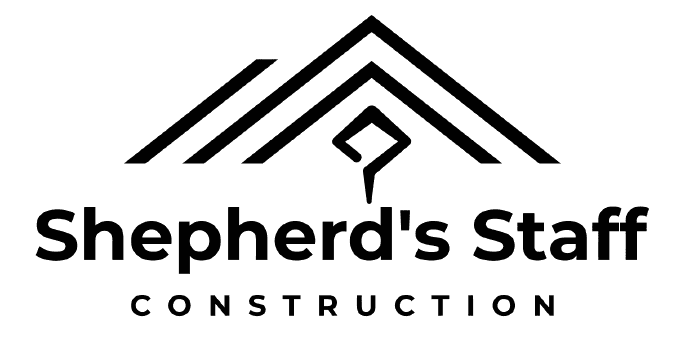
Mar 15, 2022
10 Insider Secrets to Master Your Renovation Budget
Renovating your home is an exciting journey. Whether you’re updating your kitchen, adding a bathroom, or finishing your basement, the process can transform your space and increase your home's value. However, it can also be stressful, especially when it comes to budgeting. As a professional remodeling expert, I've seen it all, and I'm here to share some tips and insights to help you budget effectively for your renovation.
Setting Your Budget
Determine Your Goals
Before you start tearing down walls or picking out new appliances, it's essential to determine your renovation goals. Are you looking to increase your home’s value for a future sale, or are you creating your dream space to enjoy for years to come? Understanding your goals will help guide your budget decisions.
Do Your Research
Once you know what you want to achieve, it's time to do some research. Look up the average costs of similar projects in your area. Websites like HomeAdvisor and Angie's List can give you a ballpark figure. Talk to friends or neighbors who have done similar renovations. This information will help you set a realistic budget.
Prioritize Your Needs vs. Wants
It's easy to get carried away with all the amazing options available, from high-end finishes to smart home technology. Make a list of what you absolutely need and what would be nice to have. This will help you allocate your budget more effectively and avoid overspending.
Planning for Costs
Get Multiple Quotes
One of the best ways to ensure you're getting a fair price is to get multiple quotes from contractors. This will give you an idea of the going rate and help you avoid any overpriced bids. Be sure to compare apples to apples by providing each contractor with the same project details.
Factor in Hidden Costs
Renovations often come with hidden costs that can quickly add up. These can include:
Permits and inspections: Depending on the scope of your project, you may need to obtain permits and have inspections done. These can cost anywhere from a few hundred to several thousand dollars.
Unexpected issues: Once the walls are opened up, you might discover problems like mold, outdated wiring, or structural issues that need to be addressed.
Temporary housing: If your renovation is extensive, you may need to stay elsewhere for a while. Don't forget to factor this into your budget.
I remember one project where a homeowner discovered significant water damage behind their kitchen walls. It was an unexpected cost, but we were able to address it before it caused more significant issues down the road.
Include a Contingency Fund
A good rule of thumb is to set aside 10-20% of your total budget for unexpected expenses. This contingency fund will give you peace of mind and ensure that you're prepared for any surprises that come up during the renovation.
Financing Your Renovation
Personal Savings
Using your personal savings is the simplest way to finance your renovation. It allows you to avoid interest payments and debt. However, it's essential to ensure that you don't deplete your emergency fund or other financial reserves.
Home Equity Loan or Line of Credit
If you have significant equity in your home, a home equity loan or line of credit (HELOC) can be a great option. These loans typically have lower interest rates than personal loans or credit cards. Keep in mind that your home serves as collateral, so it's crucial to make your payments on time.
Renovation Loan
Some banks offer loans specifically designed for home renovations. These loans can be a good option if you don't have enough equity in your home. They often come with lower interest rates and more favorable terms than personal loans or credit cards.
Personal Loan or Credit Card
If you're doing a smaller renovation, a personal loan or credit card might be a viable option. However, these usually come with higher interest rates, so it's best to use them for projects you can pay off quickly.
Managing Your Budget During the Renovation
Keep Track of Expenses
Once your renovation is underway, it's crucial to keep track of your expenses. Use a spreadsheet or budgeting app to monitor your spending. This will help you stay on top of your budget and make adjustments as needed.
Communicate with Your Contractor
Regular communication with your contractor is essential. Make sure you understand any changes to the project scope and how they will impact your budget. Don’t be afraid to ask questions and request detailed invoices.
I had a client once who was hesitant to ask questions and ended up with several unexpected charges. Once we established better communication, we were able to stay on budget and complete the project smoothly.
Avoid Mid-Project Changes
Changing your mind mid-project can lead to increased costs and delays. While some changes are inevitable, try to stick to your original plan as much as possible. If you do need to make changes, discuss the cost and timeline implications with your contractor first.
Tips for Saving Money
Do Some of the Work Yourself
If you’re handy, consider doing some of the work yourself. Tasks like painting, installing fixtures, or demolition can save you a significant amount of money. Just be sure not to take on more than you can handle, as mistakes can be costly.
Shop Around for Materials
Take the time to shop around for materials. Look for sales, discounts, or even gently used items. Websites like Craigslist or Facebook Marketplace can be great places to find deals. Just be sure to check the quality before making a purchase.
Reuse and Repurpose
Consider reusing or repurposing materials you already have. For example, can your existing cabinets be refinished instead of replaced? Can old doors be turned into a unique headboard? Getting creative can save you money and add a personal touch to your renovation.
Final Thoughts
Budgeting for a renovation can be challenging, but with careful planning and realistic expectations, it’s entirely manageable. Remember to do your research, set a realistic budget, and include a contingency fund for unexpected expenses. Communicate regularly with your contractor and keep track of your spending to ensure your project stays on track.
Renovating your home is an investment in your future, and with the right approach, it can be a rewarding and enjoyable experience. Happy renovating!

